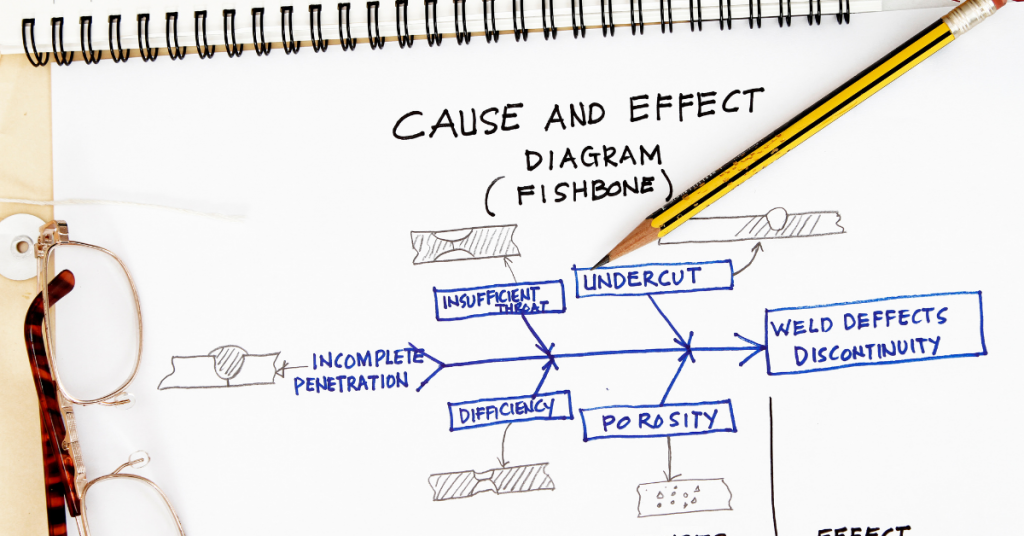In the realm of academic writing, expository essay topics stand out as powerful vehicles for presenting information, explaining concepts, and exploring ideas in a clear, concise, and organized manner. Whether you’re a student, a scholar, or a professional, mastering the art of expository writing is essential for conveying complex information effectively and persuasively. In this comprehensive guide, we’ll explore the essence of expository essays, discuss strategies for crafting compelling essays, and uncover the keys to academic success through the art of exposition.

Understanding the Essence of Expository Essays
Before we delve into the intricacies of writing expository essays, let’s first grasp the essence of this genre. An expository essay aims to inform, explain, or describe a topic or concept in a straightforward, objective, and systematic manner. Unlike persuasive or argumentative essays, which seek to sway opinions or advocate for a particular viewpoint, expository essay topics focus on presenting factual information, analyzing evidence, and providing logical explanations.
The primary objectives of expository essays include:
- Informing Readers: Expository essays aim to educate and inform readers about a specific topic, concept, or phenomenon, providing clear explanations and relevant details.
- Explaining Concepts: These essays seek to demystify complex concepts, theories, or processes, breaking them down into digestible components and elucidating their underlying principles.
- Clarifying Information: Expository essays strive to clarify information, dispel misconceptions, and address common questions or misunderstandings about a given subject.
- Organizing Ideas: Through logical organization and coherent structure, expository essays help readers navigate through complex information, making it easier to understand and retain.
Now that we’ve established the essence of expository essays, let’s delve into strategies for crafting compelling essays for academic purposes.
Crafting Compelling Content for Expository Essay Topics
Writing an expository essay for academic purposes requires careful planning, thorough research, and effective communication. Here are some strategies to help you craft compelling essays:
- Choose a Clear and Concise Topic: Select a topic that is specific, manageable, and well-defined. Avoid broad or vague topics that may be difficult to explore comprehensively within the scope of your essay.
- Conduct Thorough Research: Gather relevant information, data, and evidence from credible sources to support your arguments and assertions. Consult academic journals, books, reputable websites, and primary sources to gather comprehensive research material.
- Outline Your Essay: Create a clear and organized outline that outlines the structure and flow of your essay. Divide your essay into introduction, body paragraphs, and conclusion, and outline the main points and supporting details for each section.
- Write a Strong Introduction: Start your essay with a compelling introduction that grabs the reader’s attention and provides context for your topic. Clearly state your thesis statement or main argument, and outline the key points you will discuss in the body of the essay.
- Develop Coherent Body Paragraphs: In the body paragraphs, present your main points and supporting evidence in a clear and logical manner. Use topic sentences to introduce each paragraph’s main idea, and provide relevant examples, statistics, or anecdotes to support your arguments.
- Use Clear and Concise Language: Use clear, concise language and avoid jargon or overly technical terms that may confuse readers. Define any specialized terms or concepts to ensure understanding.
- Provide Evidence and Examples: Support your arguments with evidence, examples, and relevant data to bolster your claims and strengthen your essay’s credibility. Use citations to acknowledge the sources of your information and avoid plagiarism.
- Maintain Objectivity and Neutrality: Maintain an objective and neutral tone throughout your essay, avoiding personal biases or opinions. Present information in a balanced and unbiased manner, allowing readers to draw their own conclusions.
- Summarize and Conclude: In the conclusion, summarize the main points of your essay and restate your thesis statement. Provide a brief overview of the significance of your findings and suggest possible avenues for further research or exploration.
- Revise and Edit: Review your essay carefully for clarity, coherence, and accuracy. Edit for grammar, punctuation, and spelling errors, and ensure that your essay flows smoothly and logically from one idea to the next.
By following these strategies, you can craft compelling expository essays that engage readers, convey information effectively, and achieve academic success.

30 Expository Essay Topics Suitable for Academic Purposes:
- The Impact of Social Media on Interpersonal Communication
- The Evolution of Artificial Intelligence: Technologies and Applications
- Exploring the Causes and Effects of Climate Change
- The Role of Renewable Energy in Addressing Environmental Challenges
- The Psychology of Decision-Making: Cognitive Biases and Heuristics
- Understanding Globalization: Economic, Social, and Cultural Dimensions
- The History and Significance of the Industrial Revolution
- Exploring the Human Genome: Genetics, DNA, and Inheritance
- The Effects of Sleep Deprivation on Cognitive Functioning
- The Rise of Cybersecurity Threats in the Digital Age
- The Impact of Urbanization on Environmental Sustainability
- Exploring Sustainable Agriculture Practices: Farm-to-Table Movement
- The Psychology of Addiction: Causes, Treatments, and Prevention
- Understanding Mental Health Disorders: Stigma, Diagnosis, and Treatment
- The Influence of Parenting Styles on Child Development
- The Evolution of Modern Democracy: Historical Perspectives and Contemporary Challenges
- Exploring Cultural Diversity: Traditions, Customs, and Beliefs
- The Effects of Technology on Human Relationships: Social Media, Communication, and Intimacy
- The Role of Education in Economic Development: Skills, Innovation, and Productivity
- The Impact of Mass Media on Public Opinion and Political Discourse
- Understanding Economic Inequality: Causes, Consequences, and Solutions
- Exploring Space Exploration: Missions, Discoveries, and Future Frontiers
- The Psychology of Prejudice and Discrimination: Stereotypes, Bias, and Ingroup-Outgroup Dynamics
- The Influence of Culture on Consumer Behavior: Trends, Preferences, and Purchasing Decisions
- The Effects of Exercise on Physical Health and Mental Well-Being
- The Impact of Globalization on Labor Markets: Outsourcing, Offshoring, and Employment Patterns
- Exploring Environmental Conservation Strategies: Preservation vs. Conservation
- The Psychology of Happiness: Factors Influencing Well-Being and Life Satisfaction
- Understanding Economic Recessions: Causes, Effects, and Recovery Strategies
- The Role of Technology in Education: E-Learning, Digital Literacy, and Educational Equity
These topics cover a diverse range of disciplines and themes, providing ample opportunities for exploration, analysis, and discussion in an academic context. Whether you’re interested in science, psychology, sociology, economics, or environmental studies, there’s a wealth of topics waiting to be explored through the lens of expository writing.
Conclusion: Mastering the Art of Exposition
Expository essay topics play a vital role in academic writing, serving as powerful tools for presenting information, explaining concepts, and exploring ideas in a clear and concise manner. By understanding the essence of expository writing, employing effective strategies for crafting compelling essays, and adhering to principles of clarity, coherence, and objectivity, you can master the art of exposition and achieve academic success.
So, the next time you embark on the journey of writing an expository essay for academic purposes, remember to choose your topic wisely, conduct thorough research, and communicate your ideas with clarity and precision. With dedication, diligence, and attention to detail, you can create essays that inform, enlighten, and inspire through the power of exposition.
If the reaml of exposition still seems daunting to you, you may want to consider forwarding your next assignment to Essay 24. Our skilled writers can provide you with the highest quality content at a reasonable price and always on your timeline. Don’t waste your time writing another essay, discover the freedom of having your papers written for you today.


















